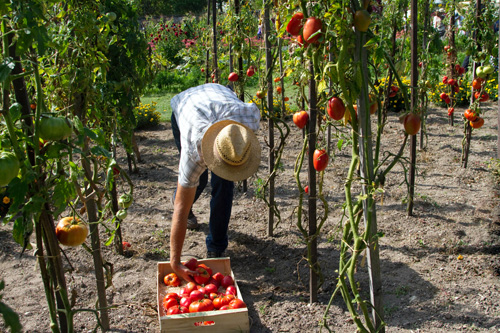
Small-Scale Farmers: The Unsung Heroes of Our Food Supply
For many small-scale farmers, the work they do is more than just a job—it’s a way of life. These dedicated individuals are often overlooked, yet they are the lifeblood of our food supply and economy. With the right knowledge and tools, anyone can become a successful small-scale farmer. Let’s take a closer look at why these farmers are so important and how you can get started in this rewarding field.
The Benefits of Small-Scale Farming
Small-scale farming is beneficial to our economy in several ways. It helps preserve land that would otherwise be developed for housing or other uses, it allows for more sustainable production practices, and it provides jobs for local communities. Additionally, small-scale farms often produce higher quality products than large commercial farms due to their use of natural fertilizers and pest control methods, as well as their focus on cultivating heirloom varieties of fruits and vegetables. This means that consumers have access to fresher produce with fewer pesticides and chemicals than what’s typically found in grocery stores.
Getting Started as a Small-Scale Farmer
Becoming a small-scale farmer is no easy task, but it can also be incredibly rewarding. Before getting started, you’ll need to decide what type of farming you want to do—livestock or crops? Once you’ve made your decision, there are several steps you’ll need to take before you’re ready to get started:
- Research: You’ll need to research your chosen field thoroughly in order to understand all aspects of your chosen profession. Become knowledgeable about any relevant regulations or laws that may affect your business operations.
- Choose Your Location: Find an ideal location for your farm by researching zoning ordinances and soil types in your area. Ensure that the land is suitable for the crops or livestock you wish to raise.
- Acquire Equipment & Supplies: Invest in quality equipment such as tractors or fencing materials depending on what type of farm you plan on operating. Make sure that all necessary permits are acquired before purchasing any materials or equipment such as pesticides or fertilizer if needed.
- Market Your Products/Services: A key component of success as a small-scale farmer is marketing yourself correctly so that consumers know where they can purchase products from your farm. Utilize social media platforms like Facebook and Instagram along with traditional advertising methods such as print media ads and word of mouth referrals from customers who have purchased goods from your farm previously.
Small-scale farmers represent an integral part of our food supply chain and economy—yet they often go unrecognized for their hard work and dedication every day! With some basic knowledge and the right tools, anyone can become successful at farming on a smaller scale whether it be raising crops or livestock animals . If becoming an independent small farmer sounds like something you would like to pursue, use these tips outlined above as a guide during your journey! Good luck!




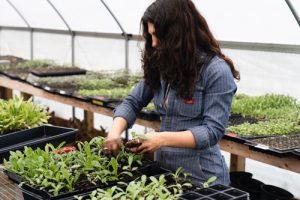
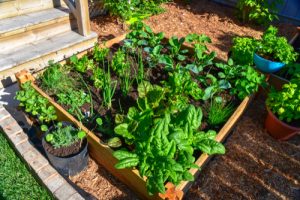
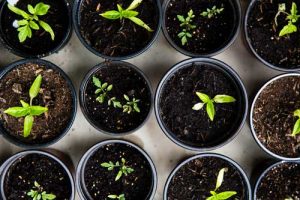

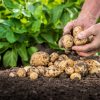

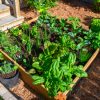
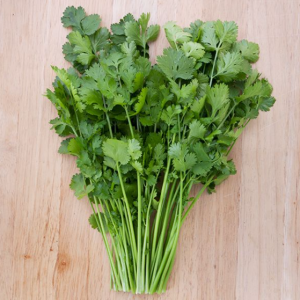
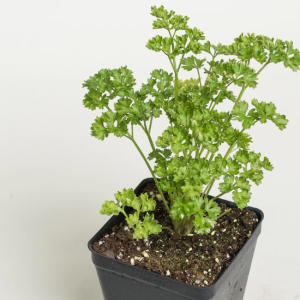
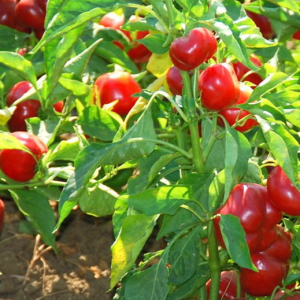
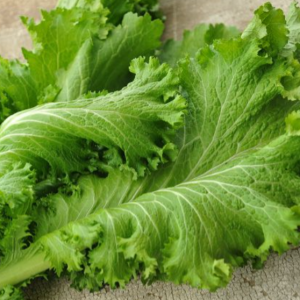
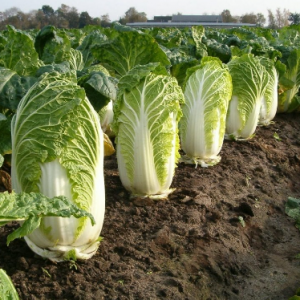
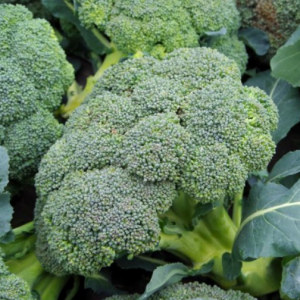
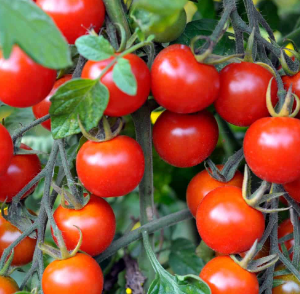

Add comment